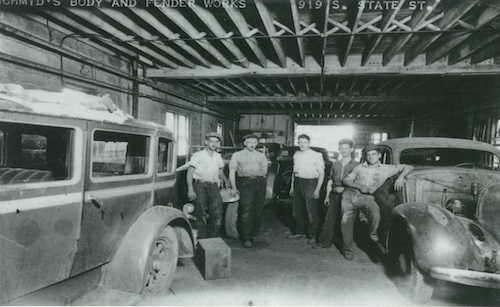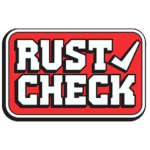Owning a vehicle can be expensive. Everyone needs a good reliable car to get to and from work or play. You need to make sure you are maintaining it to ensure its performance and increase its lifespan.
So, when is a good time for your vehicle to retire? How can you really know when it’s time to trade in your current vehicle for something a little newer or a little nicer?
Here are some things to think about:
How old is your current vehicle? How much have you spent annually on repairs in the last 3-5 years?
Does your vehicle show signs of rust or corrosion damage? Is the underside of your vehicle clean or rusty? Is your vehicle 10 years or older? Is it a high-mileage vehicle?
Finding a reputable shop to assess your vehicle’s health is a good first step. Have the repair facility do a thorough diagnosis of all mechanical systems: brakes, steering suspension, tires, engine, transmission, cooling system, fluids, belts, and hoses. Do any of these areas need attention? What would the costs be to have them repaired? Will the cost of repairs be worth the vehicle’s value or exceed it?
Some things to consider when buying used:
When buying from an individual, do they have a history of maintenance that they can show you? Have they spent a lot of money in repairs and maintenance over the course of owning the vehicle? Has the vehicle ever been in an accident? Why are they selling the vehicle?
When buying from a dealer, do they have a history of maintenance that they can show you? Has the vehicle ever been in an accident? Will they allow you to take it to your regular trusted shop to look it over? What type of driver owned the vehicle prior to them taking possession of it? (Not every car was driven by Grandma!) Does the vehicle have any type of warranty left on it, or will they charge you for an expensive extended warranty? Does the vehicle have a salvage title? (Some of this can be found through a company like Carfax)
When you buy new:
A new vehicle will come with a manufacturer’s warranty from the factory, usually no more than 3-5 years. You will have new payments (unless you are independently wealthy). Will the new payments cost you more or less than the amount you spend annually on repairs to your current vehicle? (Remember that a lot of things that may occur will be covered by the factory warranty).
So, it all boils down to this. Do you love your current vehicle enough to spend some money on it every year? Do you want to drive somewhat carefree without worrying about spending money on it for a few years?
We can help you decide what items you may need now or later. We will also let you know if it is time to say goodbye to an old friend.





